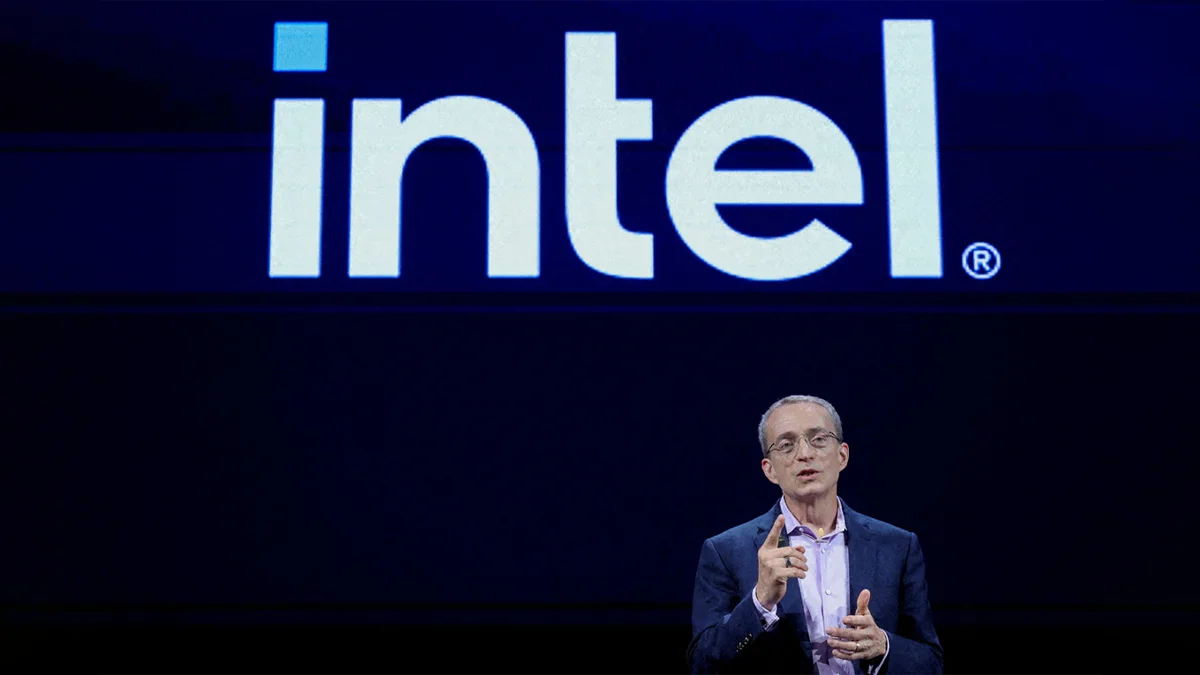Necessary Always Active
Necessary cookies are required to enable the basic features of this site, such as providing secure log-in or adjusting your consent preferences. These cookies do not store any personally identifiable data.
|
||||||
|
||||||
|
||||||
|

Intel foundry has signed a deal with Amazon Cloud Services to make Intel AI chips for Amazon Web Services (AWS). This deal, which was signed on September 18, led to an 8% surge in Intel share prices.
Reuters reported that the deal to produce custom AI chips for Amazon was signed by Intel’s foundry business, giving the chip manufacturer a vote of confidence.
Intel’s decision to make custom artificial intelligence chips for AWS through its foundry business has been viewed as an attempt to reinvigorate the struggling unit that is set to become Intel’s subsidiary.
In a memo sent to employees, Intel CEO, Pat Gelsinger said, “A subsidiary structure will unlock important benefits. It provides our external foundry customers and suppliers with clearer separation and independence from the rest of Intel. Importantly, it also gives us future flexibility to evaluate independent sources of funding and optimize the capital structure of each business to maximize growth and shareholder value creation.”
Gelsinger’s memo also indicated that Intel will design and manufacture the AI chips for Amazon.
Amazon already designs chips for its data centers through its AWS cloud computing division. In July this year, the company unveiled its non-AI Graviton4 chip that the e-commerce giant said offers superior efficiency, performance, memory, and higher computing power.
Previously, Amazon has hired Intel to package its chip versions. Under the new contract, Intel will design an artificial intelligence fabric chip for AWS using the 18A process. This will be the most advanced AI chip version that AWS will make available to its external customers. Intel expects to create additional designs from Amazon on its upcoming 18AP and 14A manufacturing process.
The memo sent by Gelsinger outlined the steps that Intel will take to revive itself, including cost cutting measures. Some of the measures highlighted in the memo included voluntary early retirement offerings to reduce its workforce to about 15,000 employees by the end of 2024.
The CEO said the company will still be making difficult decisions and that affected employees will be informed in mid October. Last month, the tech giant reported a dip in its quarter two earnings.
“The board and I agreed that we have a lot of work ahead to drive greater efficiency, improve our profitability, and enhance our market competitiveness,” Gelsinger said in the memo.
One of the steps that the Intel board has decided to take is selling the company’s stake in Altera, a programmable chip business the company owns. Intel will also pause its chip factory construction project in Germany for about two years and halt the Poland project as well.
In March this year, Intel signed a preliminary non-binding agreement with the U.S. Department of Commerce. Under this agreement, Intel expects to receive direct funding amounting up to $8.5 billion under the Chips and Science Act. This funding will enable the chip maker to advance its commercial semiconductor projects across four states.
Intel had announced plans to invest over $100 billion to expand its US chip making capabilities and capacity, which are critical to national security, economic security, and acceleration of emerging technologies like AI. Collectively, Intel’s investments are expected to generate tens of thousands of direct and indirect jobs.